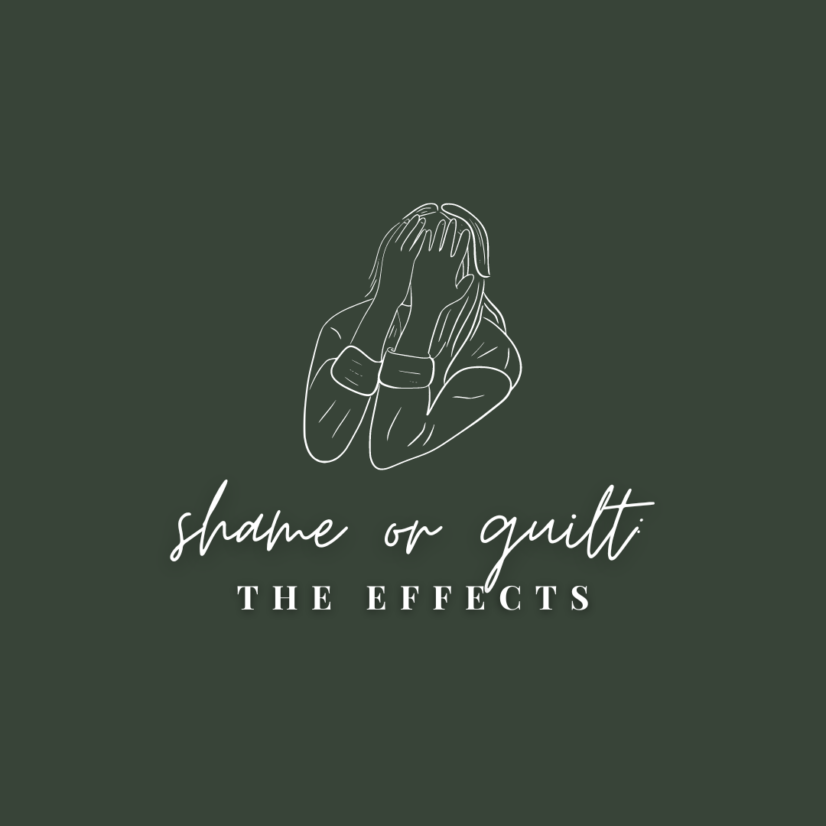In the first part of this series, we talked about distinguishing the differences between true guilt, false guilt, and shame. Now, let’s look at the effects of shame and guilt and how to overcome them.
Effects of shame and guilt:
- Depression
- Anxiety
- Anger
- Codependent behaviors (trying to compensate by trying to keep everyone else happy)
- Isolation/shutting down
- Addictive behaviors (alcohol, drugs, food, porn, sex, etc.)
- Low self-esteem
Overcoming guilt:
First you need to identify whether your guilt is “true guilt” or “inappropriate guilt.” If it is true guilt, face and accept full responsibility for what you have done, not disowning or avoiding it. Understand why you did what you did.
If other people are involved, tell them you understand the harm that you have caused and the consequences of your actions. If possible, take appropriate actions to minimize the harm you have caused (although you can’t undo what you did, you could do things differently from this point forward).
Learn from your mistakes, and make a commitment to yourself to behave differently in the future. Let go of the things you can’t control or change.
Most importantly, forgive yourself.
Overcoming shame:
Make an action plan to overcome areas in which shame is blocking your personal growth. This plan could include the following:
- Engaging in positive self-talk (e.g. I deserve to be loved. l’m worthy.)
- Working on being more assertive (not aggressive)
- Developing a healthy support system of people who will accept you for who you are
- Letting go of the things you can’t control or change
- Working toward forgiveness, acceptance, and love of yourself
- Speaking with a therapist to help you work through your feelings of shame
Written by: Stacey Wald, LAPC, RD

